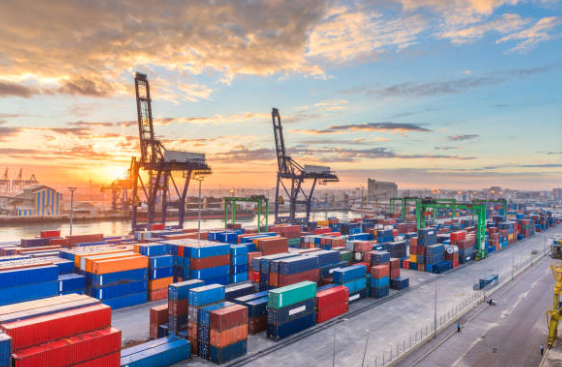
Posted on Sunday, October 13, 2024
As Morocco's manufacturing and construction sectors expand, the demand for efficient and high-quality roll forming machines is surging. These machines are essential for producing various metal profiles, including roofing sheets, wall cladding, and structural components. Importing roll forming machines into Morocco can be a lucrative business opportunity, but it requires careful planning and execution.
Before importing roll forming machines, it’s vital to grasp the local market dynamics:
Conduct thorough research to understand the demand for specific roll-formed products in Morocco. Engage with local manufacturers, contractors, and industry experts to identify trending products and potential gaps in the market. Popular applications for roll-formed products in Morocco include:
Analyze your competition. Identify existing suppliers and their offerings to determine how your imported machines can fill a niche or offer superior advantages, such as better technology or pricing.
Navigating Morocco's import regulations is crucial for a successful venture. Here are the key steps to follow:
Familiarize yourself with Moroccan customs regulations related to importing machinery. This includes understanding tariffs, taxes, and any potential exemptions for specific types of machinery. It’s advisable to consult the Moroccan Customs Authority or a local customs broker for the latest information.
Ensure you acquire the necessary import licenses and permits. This process may involve:
Verify that your roll forming machine meets Moroccan technical standards. These standards may involve certifications or inspections to ensure that the machinery is safe and efficient. Engage with local authorities to understand the specific standards applicable to your product.
Choosing a reliable supplier is a critical factor in the success of your import operation. Here are some tips:
Look for manufacturers with a solid reputation for producing roll forming machines. Seek recommendations from industry contacts or trade associations.
Ensure the supplier adheres to rigorous quality control measures. Request certifications, quality assurance documents, and information on their manufacturing processes to verify their standards.
Opt for suppliers that offer comprehensive after-sales support, including installation, maintenance, and operator training. This support is crucial for ensuring that your roll forming machine operates efficiently and effectively.
Once you’ve selected a supplier, the next step is to arrange logistics for shipping the machinery to Morocco. Consider the following:
Choose between sea freight and air freight based on your budget and urgency:
Work with a customs broker to facilitate the clearance process upon arrival in Morocco. They can assist with the necessary documentation, ensuring compliance with local regulations and avoiding delays.
Plan for the transportation of the roll forming machine from the port to your facility. Ensure you have the necessary equipment to safely handle and transport heavy machinery.
Once the roll forming machine arrives, proper installation and training are essential for maximizing its efficiency:
Hire professionals for the installation process to ensure that the machine is set up correctly. This includes calibrating the machine and connecting it to necessary utilities.
Conduct comprehensive training sessions for your operators. This training should cover:
To ensure the longevity of your roll forming machine, establish a maintenance plan. Regular maintenance can prevent costly downtime and extend the machine's operational life. Additionally, keep an open line of communication with your supplier for ongoing support and troubleshooting.
Importing roll forming machines into Morocco presents significant opportunities, especially given the country's expanding construction and manufacturing industries. By understanding the market, complying with regulations, selecting the right suppliers, and ensuring proper logistics and training, you can successfully navigate the import process. Embrace the opportunities that roll forming technology offers and position your business for growth in Morocco's dynamic market.

Used Purlin Roll Forming Machines for Sale Worldwide
Posted on Sunday, January 25, 2026
Pre-Owned Roll Forming Machines for Purlin & Structural Steel Profiles

Used Roof Panel Roll Forming Machines for Sale Worldwide
Posted on Sunday, January 25, 2026
Pre-Owned Roll Forming Machines for Roofing Panel Production

Used Roll Forming Machines for Sale Worldwide
Posted on Tuesday, January 20, 2026
Pre-Owned Roll Forming Machines with Inspection, Verification & Global Support

Steel Coil Supply for Roll Forming Machines Worldwide
Posted on Tuesday, January 20, 2026
Reliable Steel Coil Supply for Roll Forming, Fabrication & Manufacturing Applications
Copyright 2026 © Machine Matcher.